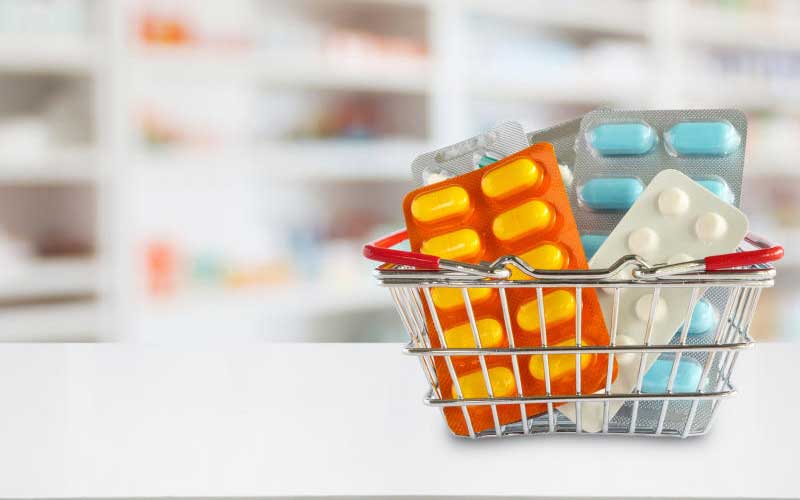×
The Standard e-Paper
Fearless, Trusted News

Pushed by hard economic times, Nairobi residents have turned to desperate, but dangerous short cuts to meet basic needs including food and medicine. Data collected in Nairobi County shows the cost of medicines grossly exaggerated by up to 33 times over international market prices.
To cope, the sick are turning to street medicines, buy incomplete doses, delay purchasing drugs, or go without treatment.